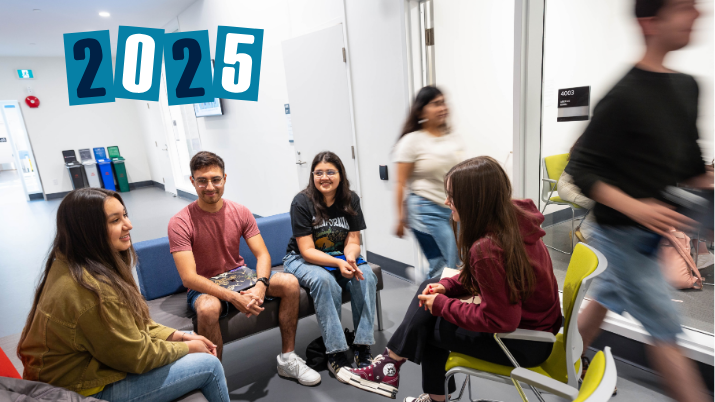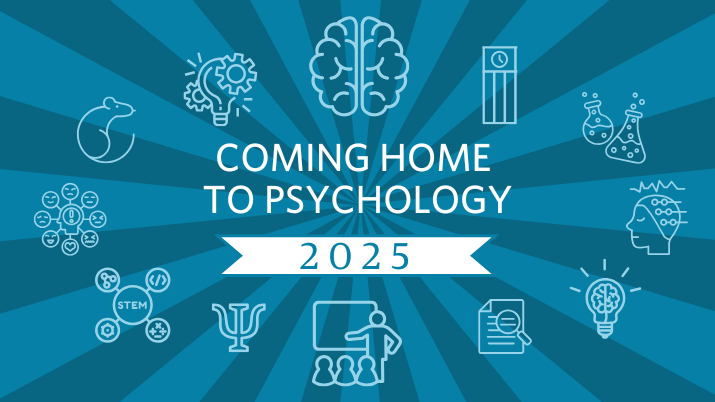
Due to the threat and risk of the COVID-19 outbreak, the talk with Dr. Anthony Singhal has been cancelled.
TITLE
The relationship between attention and emotion: evidence from multimodal imaging in youth and adults with and without mental health concerns.
ABSTRACT
There is clear evidence suggesting that attention and emotion interactions are associated with specific responses in major brain networks and systems. For example, research has shown that dorsal structures in the brain such as lateral parietal and dorsal lateral prefrontal regions play a significant role in the control of attention, whereas ventral structures including the amygdala, ventral medial prefrontal, and ventral lateral regions are associated with emotion processing. In some disorders such as depression, there is evidence that there may be dysregulation of function in the same neural circuits. Using a multimodal brain imaging approach, our research team has further examined the nature of attention and emotion interactions in youth suffering from mental health disorders, as well as in healthy youth and adults. In this talk I will show data from four recent experiments using fMRI, DTI, EEG/ERP, and simultaneously recorded fMRI-EEG/ERP. In two of our studies we employed an emotional oddball paradigm that consisted of interleaved emotional distractors and non-emotional target stimuli. This task permitted us to examine emotional responses, non-emotional responses, and the effects that one type of response has on the other. Two other studies examined neuroanatomical differences in patient populations compared to healthy participants, along with markers of resting state as a function of individual differences. Taken together, our results show temporal and spatial dynamics of attention and emotion interactions in the brain, as well as functional and anatomical evidence of attentional and affective dysfunction related to emotional reactivity and cognition.


